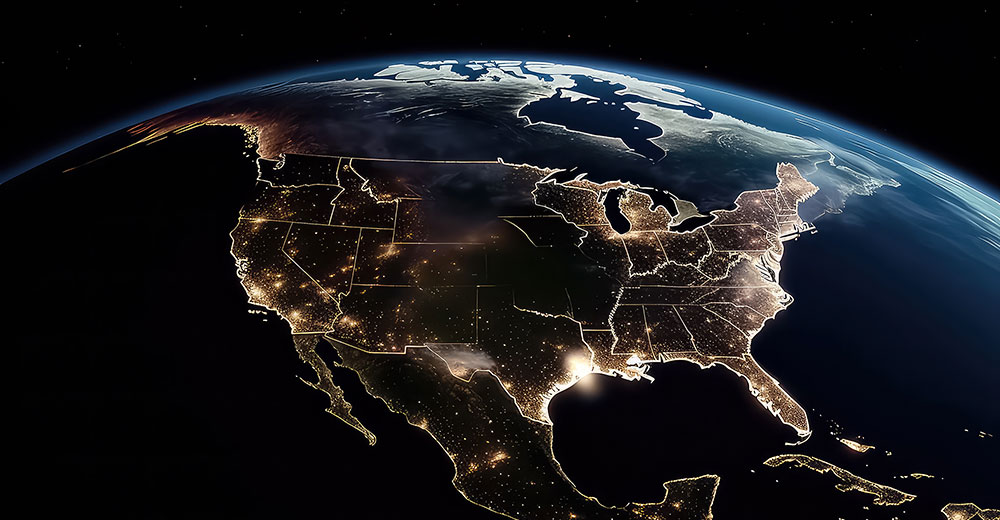Amazon on Friday announced that it has inked a deal to acquire Whole Foods Market for close to US$14 billion in cash. The agreement includes assumption of Whole Foods’ net debt.
Whole Foods will run as a wholly independent subsidiary of Amazon. It will continue to operate stores under its own brand and source products from vendors and partners.
Cofounder John Mackey will continue in his role as Whole Foods’ CEO, and the company’s headquarters will remain in Austin, Texas.
The deal is expected to close in the second half of the year.
News of the deal sent share prices of grocery chain Kroger — as well as other retail chains that carry groceries, such as Target and Costco — plummeting. However, Whole Foods stock shot up 28 percent.
“Large grocery stores like Kroger and Albertsons will be especially affected,” said Madeline Hurley, senior analyst at IBISWorld.
Amazon’s resources and online channel will make it “a larger threat in the food retailing market,” she told the E-Commerce Times.
Amazon “will be able to compete with large grocers through multiple channels,” Hurley said.
Online Grocery Boom Ahead?
“With the purchasing power that a partnership brings, and the innovation that Amazon has already introduced with its ‘checkout-free’ grocery stores, prices for high-quality organic produce and prepared foods could decline significantly, putting pressure on a low-margin industry,” noted Tom Caporaso, CEO of Clarus Commerce.
“With this merger, Amazon will also be able to invigorate the popularity of a highly fractured online grocery and delivery market, with the rollout of Amazon Fresh nationwide,” he told the E-Commerce Times.
Amazon recently introduced a discounted Prime membership subscription for recipients of government welfare programs.
“With the nationalization of its Prime-only delivery benefit, Amazon will be able to further incentivize its premium loyalty program, Amazon Prime, and bring more people into its ecosystem,” Caporaso said.
Online grocery shoppers in the United States buy specific items rather than making large purchases, and they buy online infrequently, according to Fund Global Retail & Technology.
The U.S. online grocery industry is on the cusp of a boom, with the involvement of major retailers such as Walmart and Kroger, suggested Fund Global. This trend is expected to accelerate into 2017.
Advantages to Whole Foods
Whole Foods has been lagging in the move to online commerce — its stores are in urban markets.
“Although Whole Foods only holds 2.7 percent of the market, Amazon’s resources and online channel will make it a larger threat in the food retailing market,” IBISWorld’s Hurley noted.
Amazon “will likely utilize Whole Foods’ existing infrastructure to shake up the brick-and-mortar market,” she said, “while taking advantage of its supply chain to make the online side of the business more cost-effective.”
Amazon and Whole Foods take diametrically opposite approaches to pricing. Amazon tends toward competitive pricing, while some of Whole Foods’ products are so expensive the company has been dubbed “Whole Wallet.”
The high prices have limited Whole Foods’ draw, but if prices are lowered as a result of the Amazon takeover, that could help Whole Foods emerge from the doldrums.
Whole Foods last month shook up its board of directors under pressure from activist investor hedge fund Jana Partners.
The company has launched some lower-cost products under its own “365” brand, and its stores have begun carrying a few clothing and other non-food items. It also has expanded its prepared food business.
Brick-and-Mortar Benefits
“Online grocery sales are expected to continue growing as more consumers trust this channel,” IBISWorld’s Hurley remarked. However, consumers will continue to shop at brick-and-mortar locations.
The Whole Foods purchase “doesn’t necessarily mean Amazon will shift it into an online grocer,” she said.
“Amazon has experimented with the brick-and-mortar format but has struggled to find a plan that works on a grand scale,” Hurley pointed out. The Whole Foods purchase may help it resolve that issue.
























































Social Media
See all Social Media